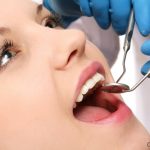Smoking After Wisdom Teeth Removal: When is it Safe to Light Up?
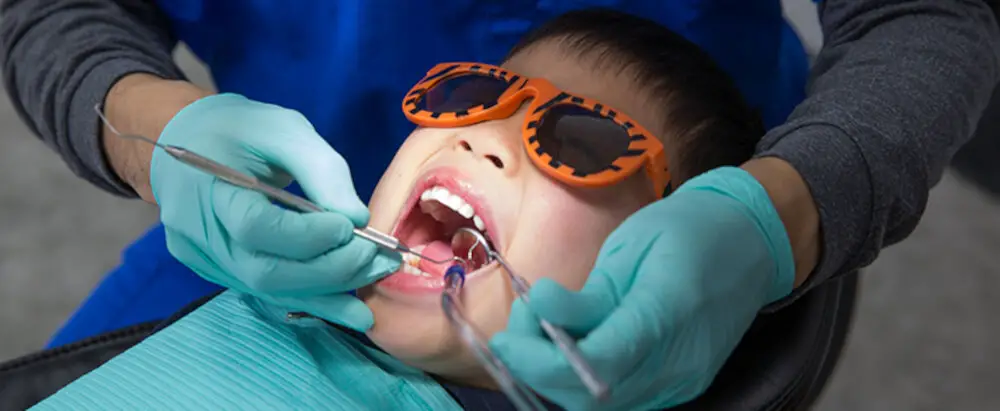
Wisdom teeth removal is a common dental procedure that may require some recovery time. For many people, smoking is an integral part of their daily routine, and they may wonder when they can resume smoking after wisdom teeth removal. However, smoking after oral surgery can lead to complications, including infection and dry socket. Therefore, it is crucial to understand the risks and the best time to light up safely. The wisdom teeth removal procedure involves extracting the third molars from the back of the mouth. It is often necessary because these teeth can cause pain, swelling, and infection. After the procedure, patients are advised to take proper care of their oral health to prevent postoperative complications. Smoking, however, can interfere with the healing process and increase the risk of developing infections. In this article, we will discuss the risks of smoking after wisdom teeth removal and when it is safe to light up again.
Wisdom teeth removal is a common dental procedure that involves the extraction of third molars located at the back of the mouth. The importance of wisdom teeth removal lies in the fact that in most cases, these teeth do not have enough space to grow properly, leading to various dental problems like gum disease, tooth decay, and misalignment of teeth. While the healing process after wisdom teeth removal takes around a week, smoking can be harmful to the recovery process. Smoking can cause dry socket, a painful condition that occurs when the blood clot that forms in the socket after extraction is dislodged. Moreover, smoking reduces the blood flow to the gums, which slows down the healing process, making it more prone to infection and other complications. Therefore, it is crucial to avoid smoking after wisdom teeth removal until the dentist gives the green light.
Understanding Wisdom Teeth Removal
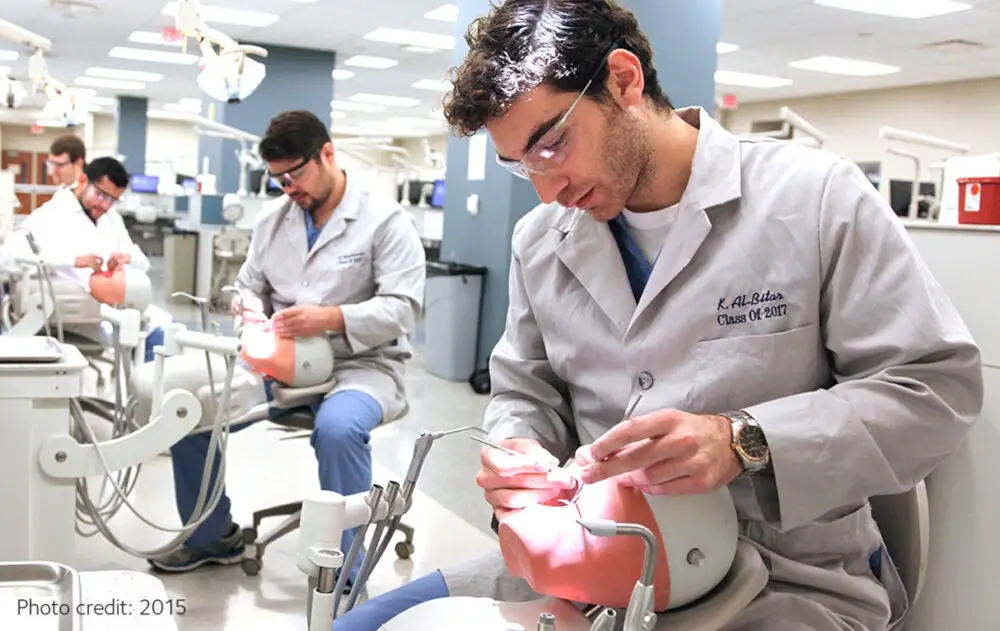
Wisdom teeth are the third molars that emerge at the back of the mouth during the late teenage years or early adulthood. They often cause problems such as pain, infection, and damage to adjacent teeth. Therefore, many people choose to have them removed. Wisdom teeth removal is a common dental procedure that involves extracting one or more teeth from the mouth. The procedure is usually performed under local or general anesthesia, depending on the complexity of the case. After the surgery, patients may experience pain, swelling, and bleeding for a few days. To promote healing and prevent complications, patients are advised to follow specific post-operative instructions, such as avoiding smoking, alcohol consumption, and hard or crunchy foods. Smoking after wisdom teeth removal can delay healing, increase pain, and cause complications such as dry socket, infection, and impaired blood clotting. Therefore, dentists recommend that patients avoid smoking for at least 72 hours after the surgery. Smoking can also worsen the effects of anesthesia and increase the risk of nausea, dizziness, and vomiting. Moreover, smoking can slow down the process of bone healing and increase the risk of gum disease, tooth decay, and oral cancer. Therefore, patients who smoke are advised to quit or reduce their smoking habit before and after the surgery to promote overall oral health and reduce the risk of complications.
Wisdom teeth, also known as third molars, are the final set of molars that typically emerge in the back of the mouth during late adolescence or early adulthood. While some people have enough room in their mouths to accommodate these teeth, many do not, which can lead to a number of issues. Wisdom teeth may become impacted, meaning they are unable to emerge properly, causing pain, swelling, and infection. They can also cause overcrowding, leading to misalignment or shifting of other teeth. Because of these potential problems, wisdom teeth are often recommended for removal. The procedure is typically done under anesthesia and involves cutting through the gum tissue and removing the tooth or teeth. After the procedure, it is important to follow proper aftercare instructions to promote healing and minimize complications.
The procedure for wisdom teeth removal typically involves the administration of a local anesthetic to numb the area around the tooth. In some cases, general anesthesia may be used to put the patient to sleep. Once the area is numb, the dentist or oral surgeon will make an incision in the gum tissue to access the affected tooth. The tooth may need to be divided into sections to facilitate removal, and any bone blocking the tooth will be removed. After the tooth is removed, the area will be cleaned and the incision will be closed with stitches. The patient will be given instructions for aftercare, including avoiding smoking and using a straw for at least 24 hours to prevent a dry socket. Pain medication and antibiotics may also be prescribed.
The Risks of Smoking After Wisdom Teeth Removal

After wisdom teeth removal, smoking can significantly increase the risk of complications, making it important to avoid all forms of smoking until the gums have healed. Smoking can hinder the healing process by reducing blood flow to the gums, which can cause dry sockets, a painful condition that occurs when the blood clot that forms after a tooth extraction is dislodged. The chemicals in cigarettes can also cause irritation and inflammation, which can lead to infection and delayed healing. Smoking can also increase the risk of other complications such as bleeding, swelling, and infection, which can prolong the recovery time and increase discomfort. It is essential to note that smoking after wisdom teeth removal is not only harmful to the healing process but also to your overall health. Smoking can increase your risk of developing lung cancer, heart disease, and stroke, among other health conditions. It is crucial to consider quitting smoking altogether to reduce these risks and improve your overall health. If you are unable to quit smoking, speak to your dentist or doctor about strategies to reduce smoking or alternative methods that can help you quit. Remember, smoking after wisdom teeth removal is not worth the risk, and your health should always be a priority.
Smoking has been shown to have numerous negative effects on the healing process, particularly after wisdom teeth removal. Nicotine and other harmful chemicals in cigarette smoke can constrict blood vessels and decrease blood flow to the surgical site, inhibiting the delivery of vital nutrients and oxygen needed for healing. Smoking can also impair the immune system’s ability to fight off infections, increasing the risk of complications such as dry socket and delayed healing. Furthermore, smoking can delay the formation of new bone and soft tissue, leading to slower healing times and a higher likelihood of implant failure. For these reasons, it is strongly advised to abstain from smoking for at least 72 hours after wisdom teeth removal and for as long as possible thereafter to ensure optimal healing.
Smoking is known to increase the risk of complications after wisdom teeth removal due to several reasons. Firstly, smoking can impair the healing process by reducing blood flow to the affected area, which can prolong the recovery period. Secondly, the chemicals present in cigarettes can irritate the exposed tissues, leading to inflammation and infection. Thirdly, smoking can also increase the risk of developing dry socket, a painful condition that occurs when the blood clot that forms after the extraction is dislodged, leaving the bone and nerves exposed. Therefore, it is highly recommended that patients refrain from smoking for at least 72 hours after the procedure to minimize the risk of complications and promote optimal healing.
When is it Safe to Smoke After Wisdom Teeth Removal?
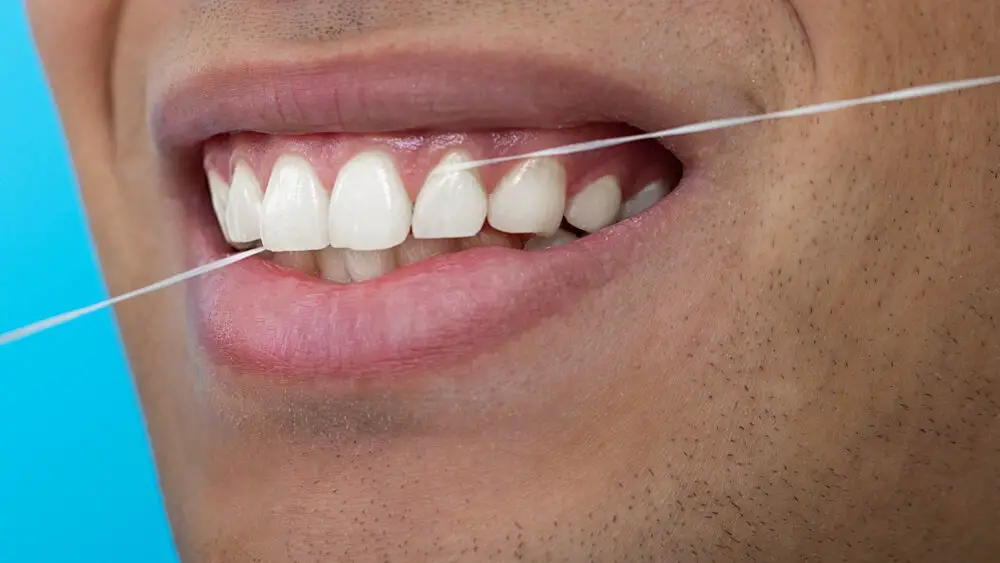
Wisdom teeth removal is a common dental procedure that involves the extraction of the third molars located at the back of the mouth. The recovery period after wisdom teeth removal is crucial and requires proper care to avoid any complications. One of the primary concerns during the recovery period is smoking. Smoking can delay the healing process, increase the risk of infection, and cause dry socket, which is a painful condition that occurs when the blood clot at the extraction site dissolves too quickly. Therefore, it is essential to know when it is safe to smoke after wisdom teeth removal. It is recommended to avoid smoking for at least 72 hours after wisdom teeth removal. Smoking during the initial recovery period can increase the risk of complications and delay the healing process. After 72 hours, it is still not advisable to smoke, but if you must, it is recommended to wait for at least a week. Smoking can decrease blood flow to the extraction site, which can slow down the healing process and increase the risk of infection. Additionally, smoking can cause dry socket, which is a painful condition that requires immediate treatment. Therefore, it is best to avoid smoking altogether during the recovery period to ensure a smooth and speedy recovery.
After undergoing wisdom teeth removal surgery, it is strongly recommended to abstain from smoking for at least 72 hours. Smoking can cause dry sockets, a painful condition where the blood clot in the socket where the tooth was removed becomes dislodged, delaying the healing process. Nicotine can also constrict blood vessels, which can reduce the blood flow to the socket, further slowing down the healing process. Smoking can also introduce harmful bacteria and chemicals into the mouth, which can increase the risk of infection. Therefore, it is important to wait at least three days before smoking to ensure proper healing and reduce the risk of complications.
Nicotine cravings can be a real challenge to manage, especially during the healing process after wisdom teeth removal. One of the most effective ways to manage these cravings is to distract yourself with other activities, such as reading, listening to music, or taking a walk. It is also helpful to avoid situations or triggers that may increase your cravings, such as being around other smokers or drinking alcohol. You can also try chewing gum or snacking on healthy foods like fruits and vegetables to keep your mouth busy. Staying hydrated by drinking plenty of water can also help alleviate cravings. Lastly, it is important to remember that the healing process after wisdom teeth removal is temporary, and quitting smoking altogether can greatly improve your overall health and well-being.
Alternatives to Smoking After Wisdom Teeth Removal
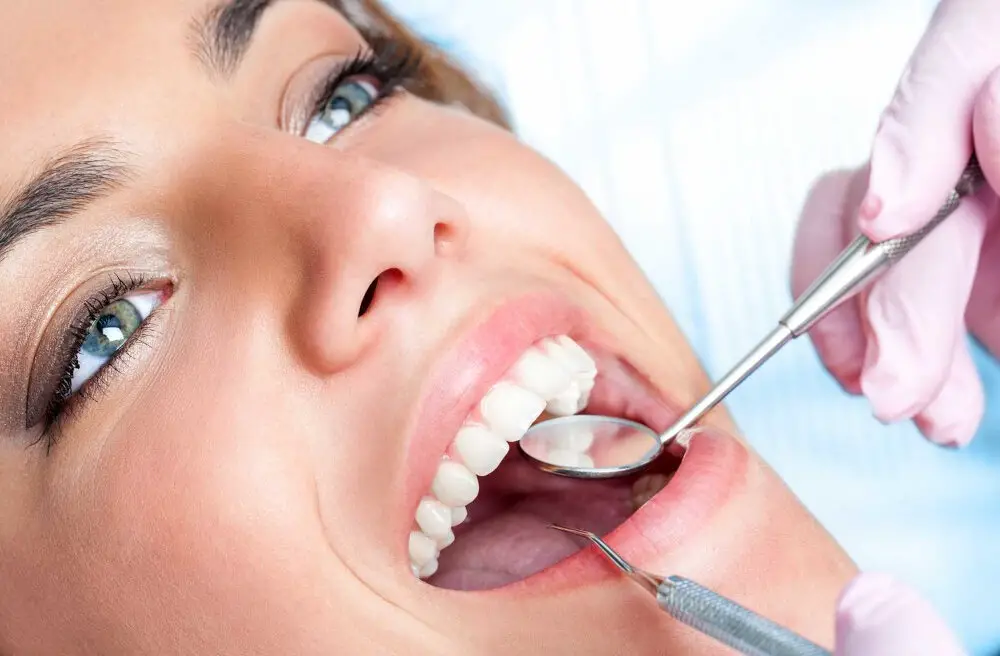
After undergoing wisdom teeth removal surgery, it is crucial to avoid smoking as it can lead to a dry socket, which is a painful condition. A dry socket occurs when the blood clot that forms in the tooth socket is dislodged or dissolves before the wound has healed. This condition can cause extreme pain, bad breath, and an unpleasant taste in the mouth. Therefore, it is essential to find alternative ways to curb the urge to smoke after wisdom teeth removal. One alternative is to chew nicotine gum, which can help satisfy the craving for nicotine without the harmful effects of smoking. Nicotine gum is readily available at pharmacies and can be an excellent temporary solution to help smokers quit smoking. Another alternative to smoking after wisdom teeth removal is to use a nicotine patch. A nicotine patch is a small, adhesive patch that is placed on the skin, releasing nicotine into the bloodstream. This method can help smokers overcome their cravings for nicotine while avoiding the harmful effects of smoking. Nicotine patches are available over-the-counter, and they come in different strengths, allowing users to gradually reduce their nicotine intake over time. It is essential to follow the instructions on the packaging carefully to ensure safety and effectiveness. By choosing alternatives to smoking, individuals can reduce their risk of developing a dry socket and promote a faster healing process after wisdom teeth removal surgery.
After a wisdom teeth removal, pain and discomfort are common. If smoking is not an option, there are several alternative methods to manage the pain. Firstly, over-the-counter pain relievers such as ibuprofen or acetaminophen can be taken as directed. Applying ice packs to the affected area for 20 minutes at a time can also help reduce swelling and discomfort. Additionally, rinsing with warm salt water several times a day can help promote healing and reduce discomfort. Avoiding hard, crunchy, or spicy foods and opting for soft, cool, or liquid foods can also help reduce pain. Finally, following the prescribed aftercare instructions from the dentist or oral surgeon is crucial to ensure a smooth and pain-free recovery.
Smoking is a dangerous habit that can lead to serious health problems, including lung cancer, heart disease, and stroke. For those who have recently had their wisdom teeth removed, smoking can be especially risky as it can delay the healing process and increase the risk of infection. However, there are healthier alternatives to smoking that can help curb cravings and mitigate withdrawal symptoms. Nicotine gum and patches are two popular options that deliver nicotine to the body without the harmful chemicals found in tobacco smoke. These products come in a variety of strengths and flavors and can be used as part of a comprehensive smoking cessation program to help individuals quit smoking for good. While they may not be as immediately satisfying as smoking a cigarette, nicotine gum and patches have been shown to be effective in helping people quit and can help prevent the health risks associated with smoking.
Abstaining from smoking after wisdom teeth removal is crucial to ensure proper healing and prevent complications. Smoking hinders the body’s ability to heal by reducing blood flow and oxygen supply to the affected area, delaying the formation of a blood clot and increasing the risk of infection. Additionally, the sucking action required for smoking can dislodge the blood clot, resulting in a painful condition called dry socket. Patients who smoke are advised to wait at least 72 hours after surgery before smoking and to avoid smoking for as long as possible to promote optimal healing and reduce the risk of complications. By refraining from smoking, patients can ensure a smoother, more comfortable recovery process and better overall oral health.
After going through a wisdom teeth removal procedure, it is important to follow the recommended timeline for healing before smoking again. Smoking can not only delay the healing process but also increase the risk of complications such as dry socket. Dry socket is a painful condition that occurs when the blood clot that forms after extraction is dislodged or dissolved prematurely, exposing the underlying bone to air, food and bacteria. It is advisable to wait at least 48 to 72 hours after the surgery before smoking again. However, it is best to consult your dentist or oral surgeon for specific instructions based on your individual case. It is important to prioritize your oral health and give your body enough time to heal before indulging in your smoking habit.
Conclusion
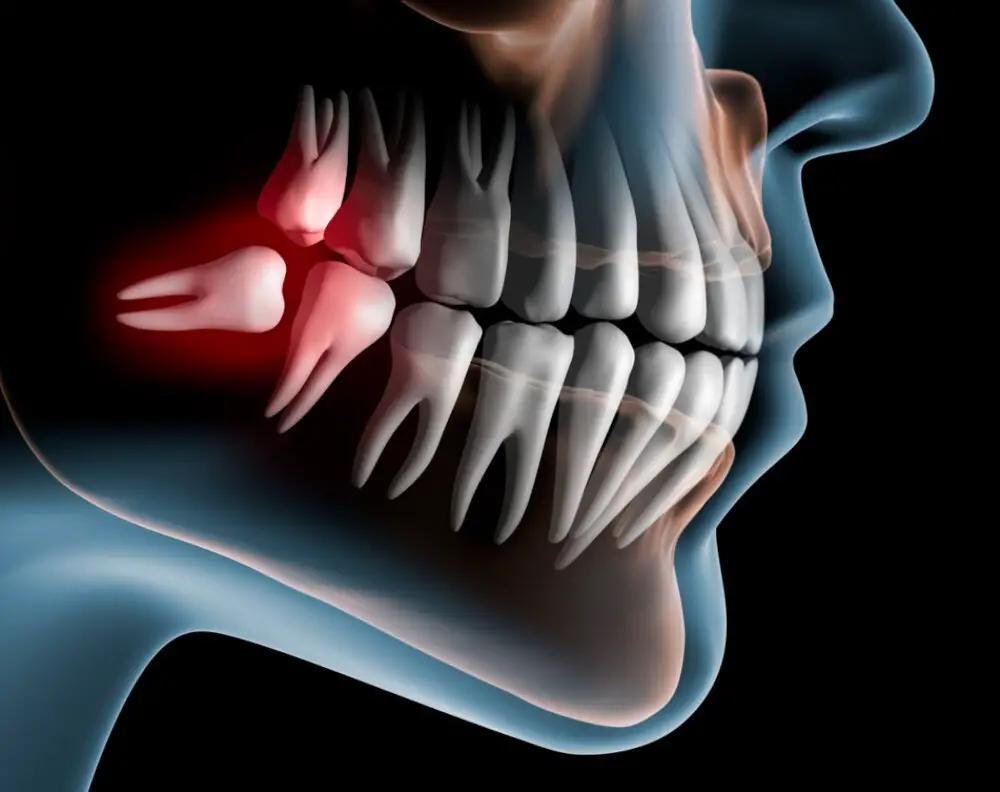
In conclusion, smoking after wisdom teeth removal is not safe and should be avoided for at least 72 hours, if not longer. The chemicals in cigarettes can delay the healing process and increase the risk of infection, dry socket, and other complications. It is important to follow the post-operative instructions provided by the dentist or oral surgeon to ensure a smooth and successful recovery. Quitting smoking altogether is the best option for overall health and well-being, and this may be a good time to start the journey towards a smoke-free lifestyle.

